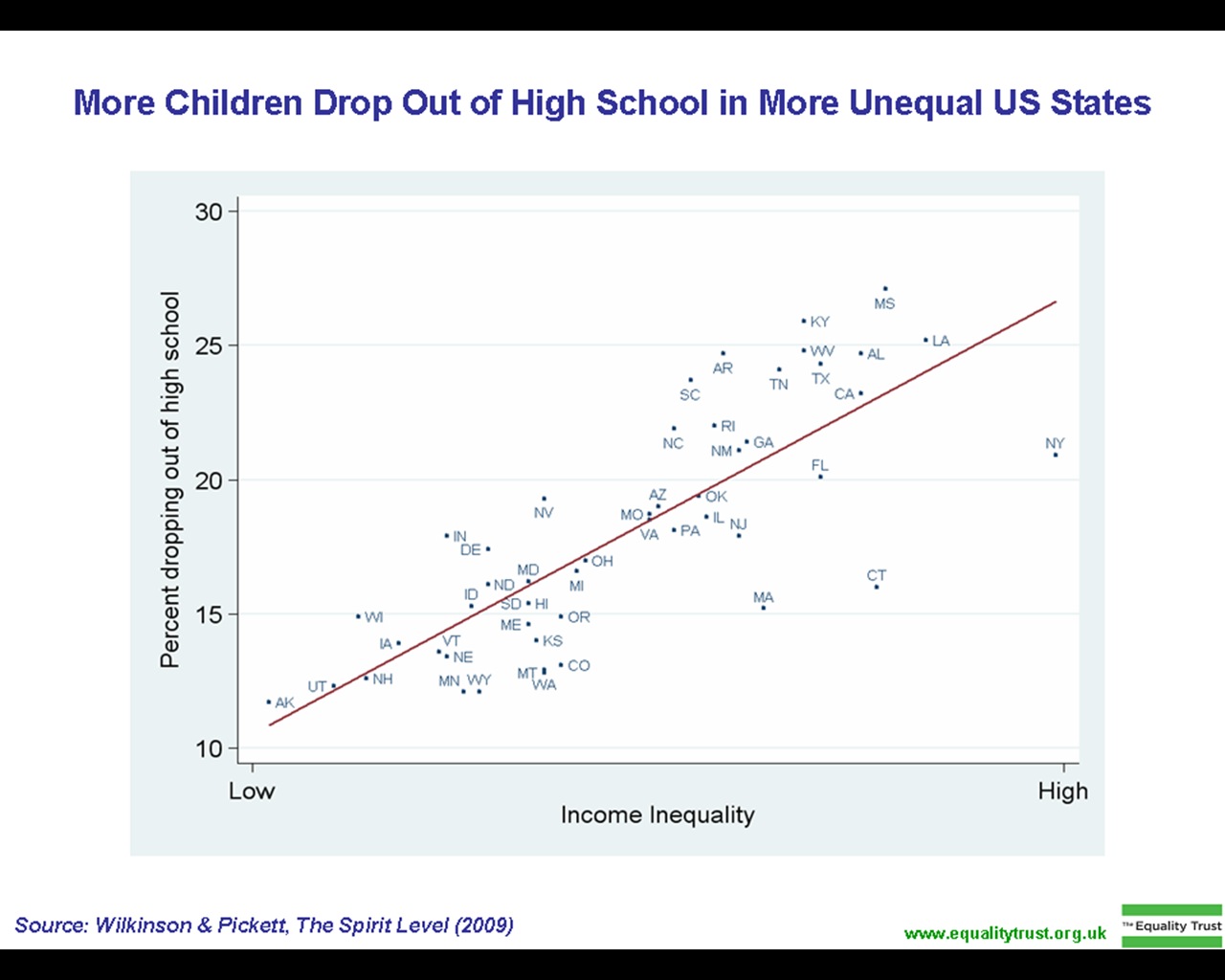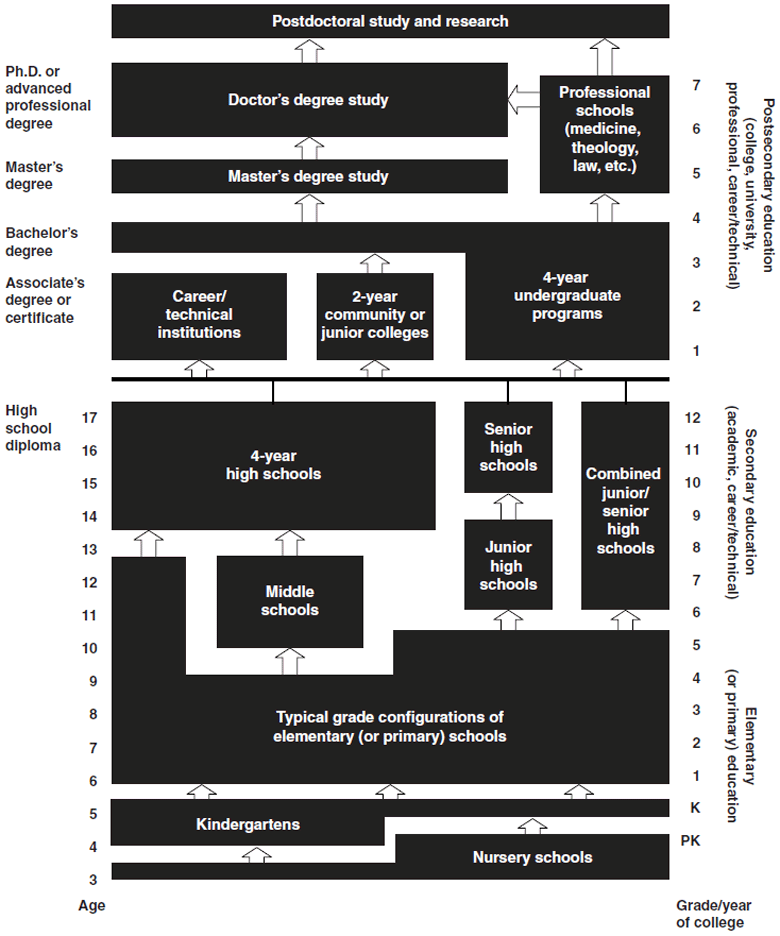|
Alternative Learning System (Philippines)
The Alternative Learning System (ALS) is a parallel learning system in the Philippines that provides a practical option to the existing formal instruction. When one does not have or cannot access formal education in schools, ALS is an alternate or substitute. System only requires learners to attend learning sessions based on the agreed schedule between the learners and the learning facilitators. The program has two different schematics for conducting instruction: school-based and community-based. On the school-based program, instructions are conducted in school campuses while in the community-based program, formal instruction are conducted in community halls or on private places. The ALS program follows a uniform lesson modules for all academic subjects covering the sciences, mathematics, English, Filipino, social studies, current events among others. Delivery of instructions are provided by government-paid instructors or by private non-government organization. Aside from schemati ... [...More Info...] [...Related Items...] OR: [Wikipedia] [Google] [Baidu] |
School
A school is an educational institution designed to provide learning spaces and learning environments for the teaching of students under the direction of teachers. Most countries have systems of formal education, which is sometimes compulsory. In these systems, students progress through a series of schools. The names for these schools vary by country (discussed in the '' Regional terms'' section below) but generally include primary school for young children and secondary school for teenagers who have completed primary education. An institution where higher education is taught is commonly called a university college or university. In addition to these core schools, students in a given country may also attend schools before and after primary (elementary in the U.S.) and secondary (middle school in the U.S.) education. Kindergarten or preschool provide some schooling to very young children (typically ages 3–5). University, vocational school, college or seminary may be avail ... [...More Info...] [...Related Items...] OR: [Wikipedia] [Google] [Baidu] |
Community
A community is a social unit (a group of living things) with commonality such as place, norms, religion, values, customs, or identity. Communities may share a sense of place situated in a given geographical area (e.g. a country, village, town, or neighbourhood) or in virtual space through communication platforms. Durable good relations that extend beyond immediate genealogical ties also define a sense of community, important to their identity, practice, and roles in social institutions such as family, home, work, government, society, or humanity at large. Although communities are usually small relative to personal social ties, "community" may also refer to large group affiliations such as national communities, international communities, and virtual communities. The English-language word "community" derives from the Old French ''comuneté'' (Modern French: ''communauté''), which comes from the Latin ''communitas'' "community", "public spirit" (from Latin '' communis'', "co ... [...More Info...] [...Related Items...] OR: [Wikipedia] [Google] [Baidu] |
Filipino Language
Filipino (; , ) is an Austronesian language. It is the national language ( / ) of the Philippines, and one of the two official languages of the country, with English. It is a standardized variety of Tagalog based on the native dialect, spoken and written, in Metro Manila, the National Capital Region, and in other urban centers of the archipelago. The 1987 Constitution mandates that Filipino be further enriched and developed by the other languages of the Philippines. Filipino is only used as a tertiary language in the Philippine public sphere. Filipino, like other Austronesian languages, commonly uses verb-subject-object order, but can also use subject-verb-object order as well. Filipino follows the trigger system of morphosyntactic alignment that is also common among Austronesian languages. It has head-initial directionality. It is an agglutinative language but can also display inflection. It is not a tonal language and can be considered a pitch-accent language and a sy ... [...More Info...] [...Related Items...] OR: [Wikipedia] [Google] [Baidu] |
Department Of Education (Philippines)
The Department of Education (abbreviated as DepEd; fil, Kagawaran ng Edukasyon) is the executive department of the Philippine government responsible for ensuring access to, promoting equity in, and improving the quality of basic education. It is the main agency tasked to manage and govern the Philippine system of basic education. It is the chief formulator of Philippine education policy and responsible for the Philippine primary and secondary school systems. It has its headquarters at the DepEd Complex in Meralco Avenue, Pasig. The department is currently led by the secretary of education, nominated by the president of the Philippines and confirmed by the Commission on Appointments. The secretary is a member of the Cabinet. The current secretary of education is Sara Duterte. Presently, its mission is to provide quality basic education that is equitably accessible to all and lay the foundation for lifelong learning and service for the common good. It has changed its vision state ... [...More Info...] [...Related Items...] OR: [Wikipedia] [Google] [Baidu] |
Dropping Out
Dropping out refers to leaving high school, college, university or another group for practical reasons, necessities, inability, apathy, or disillusionment with the system from which the individual in question leaves. Canada In Canada, most individuals graduate from grade 12 by the age of 18, according to Jason Gilmore who collects data on employment and education using the Labour Force Survey. The LFS is the official survey used to collect unemployment data in Canada (2010). Using this tool, assessing educational attainment and school attendance can calculate a dropout rate (Gilmore, 2010). It was found by the LFS that by 2009, one in twelve 20- to 24-year-old adults did not have a high school diploma (Gilmore, 2010). The study also found that men still have higher dropout rates than women, and that students outside of major cities and in the northern territories also have a higher risk of dropping out. Although since 1990 dropout rates have gone down from 20% to a low of 9% in ... [...More Info...] [...Related Items...] OR: [Wikipedia] [Google] [Baidu] |
Technical Education And Skills Development Authority (Philippines)
The Technical Education and Skills Development Authority (TESDA ; fil, Pangasiwaan sa Edukasyong Teknikal at Pagpapaunlad ng Kasanayan) serves as the Philippines' Technical Vocational Education and Training (TVET) authority. As a government agency, TESDA is tasked to both manage and supervise the Philippines' Technical Education and Skills Development (TESD). Its goals are to develop the Filipino workforce with "world-class competence and positive work values" and to provide quality technical-educational and skills development through its direction, policies, and programs.“Vision, Mission, Value and Quality Statement.” 2017. Technical Education and Skills Development Authority - TESDA. TESDA. Accessed June 26. http://www.tesda.gov.ph/About/TESDA/11. History Predecessor Technical-Vocational Education was first introduced to the Philippines through the enactment of Commonwealth Act No. 3377, or the “Vocational Act of 1927.” On June 3, 1938, the National Assembly of ... [...More Info...] [...Related Items...] OR: [Wikipedia] [Google] [Baidu] |
K–12 (education)
K–12, from kindergarten to 12th grade, is an American English expression that indicates the range of years of publicly supported primary and secondary education found in the United States, which is similar to publicly supported school grades before college in several other countries, such as Afghanistan, Australia, Canada, China, Ecuador, Egypt, India, Iran, the Philippines, South Korea, and Turkey. History U.S. public education was conceived of in the late 18th century. In 1790, Pennsylvania became the first state to require some form of free education for everyone regardless of whether they could afford it. New York passed similar legislation in 1805. In 1820, Massachusetts became the first state to create a tuition-free high school, Boston English. The first K–12 public school systems appeared in the early 19th century. In the 1830s and 1840s, Ohioans were taking a significant interest in the idea of public education. At that point in time, schools were commonly opera ... [...More Info...] [...Related Items...] OR: [Wikipedia] [Google] [Baidu] |
DepEd TV
Department of Education TV (known as DepEd TV) was a Philippine educational UHF television channel of the Department of Education (DepEd) with the assistance of the Presidential Communications Operations Office (PCOO). It was launched on August 11, 2020, beginning its test broadcast. Following the postponement of the starting date of classes however, the block was suspended to October 5 of the same year. History DepEd announced the initialization of educational classes through blended learning in the midst of the COVID-19 pandemic in the Philippines. Among many options is to broadcast learning modules on television and radio. The department later tapped state media agency PCOO to assist in producing and airing of lessons and modules. The service held its test broadcasts from August 11 until 21, 2020 via IBC, Solar Learning and various local/regional stations, but was suspended on the following week after DepEd moved the opening date of its regular classes for the 2020–2021 s ... [...More Info...] [...Related Items...] OR: [Wikipedia] [Google] [Baidu] |
Education In The Philippines
Education in the Philippines is provided by public and private schools, colleges, universities, and technical and vocational institutions in the country. Funding for public education comes from the national government. For the academic year 2017–2018, about 83% of K–12 students attended public schools and about 17% either attended private schools or were home-schooled. With the "trifocalization" of the educational system in the country, three government agencies handle each level of education. At the basic education level, the Department of Education (DepEd) sets overall educational standards and mandates standardized tests for the K–12 basic education system, although private schools are generally free to determine their own curriculum in accordance with existing laws and Department regulations. At the higher education level, the Commission on Higher Education (CHED) supervises and regulates colleges and universities. Meanwhile, the Technical Education and Skills Deve ... [...More Info...] [...Related Items...] OR: [Wikipedia] [Google] [Baidu] |
Distance E-Learning (Philippines)
Distance education, also known as distance learning, is the education of students who may not always be physically present at a school, or where the learner and the teacher are separated in both time and distance. Traditionally, this usually involved correspondence courses wherein the student corresponded with the school via mail. Distance education is a technology mediated modality and has evolved with the evolution of technologies such as video conferencing, TV, and internet. Today, it usually involves online education and the learning is usually mediated by some form of technology. A distance learning program can be completely distance learning, or a combination of distance learning and traditional classroom instruction (called hybrid or Blended learning, blended). Other modalities include distance learning with complementary virtual environment or teaching in virtual environment (e-learning). Massive open online courses (MOOCs), offering large-scale interactive participation ... [...More Info...] [...Related Items...] OR: [Wikipedia] [Google] [Baidu] |





